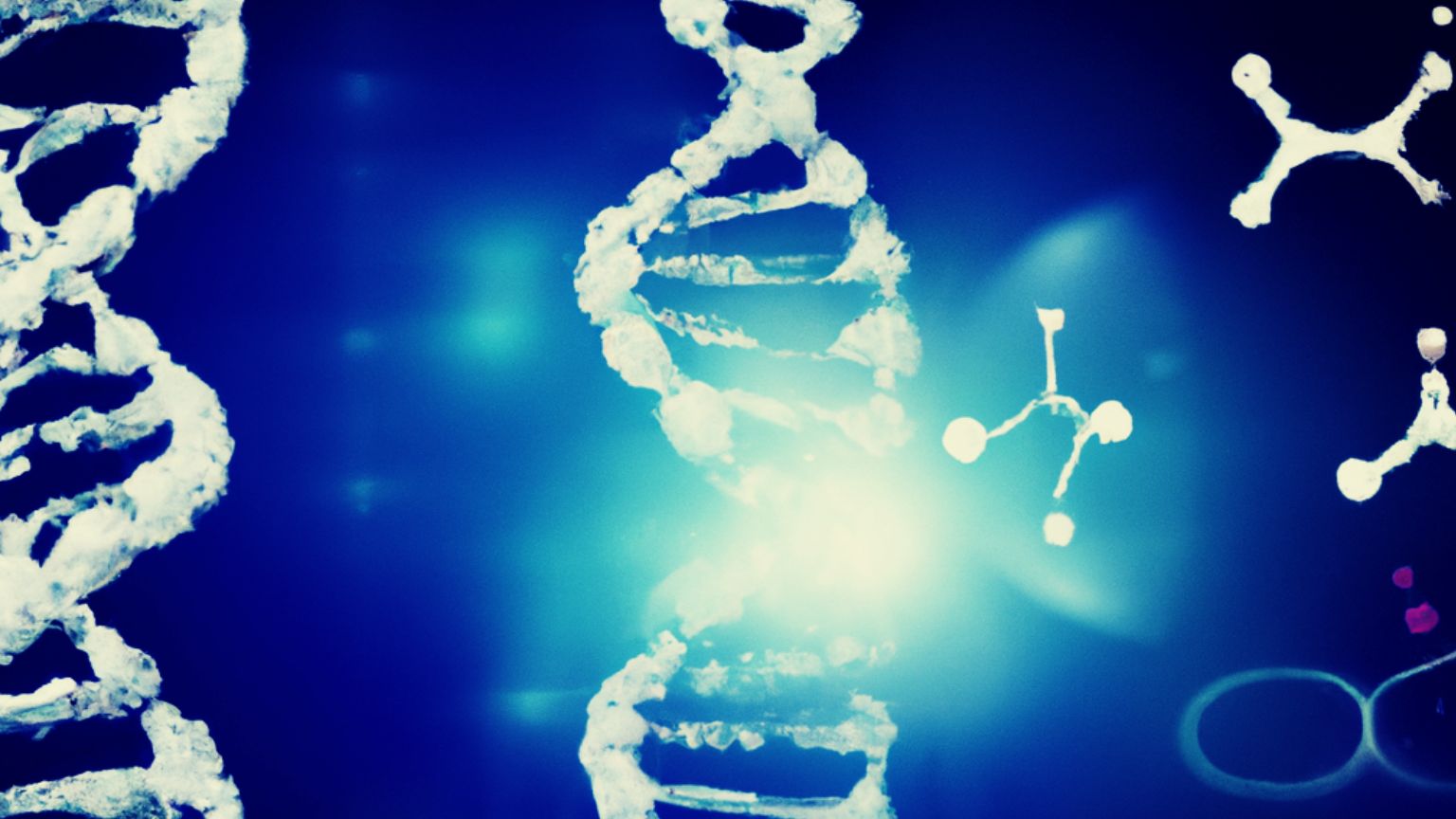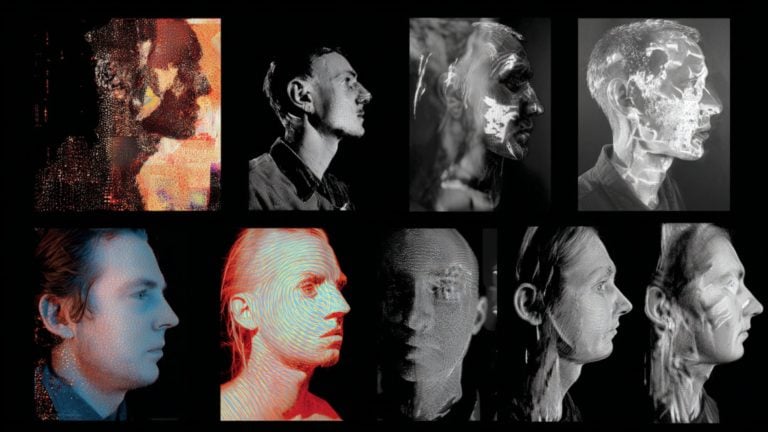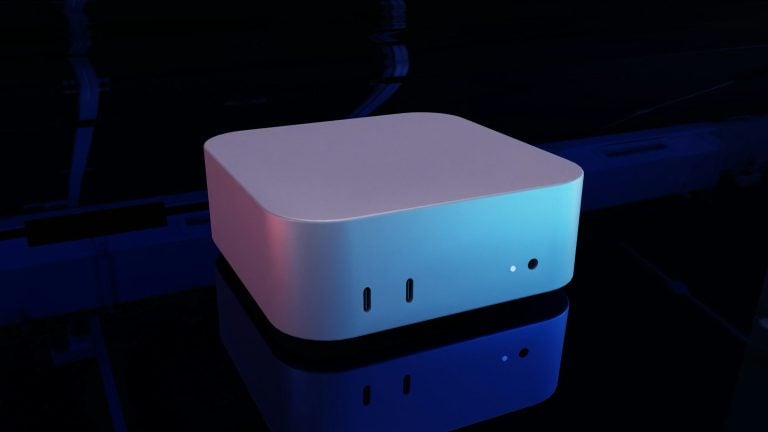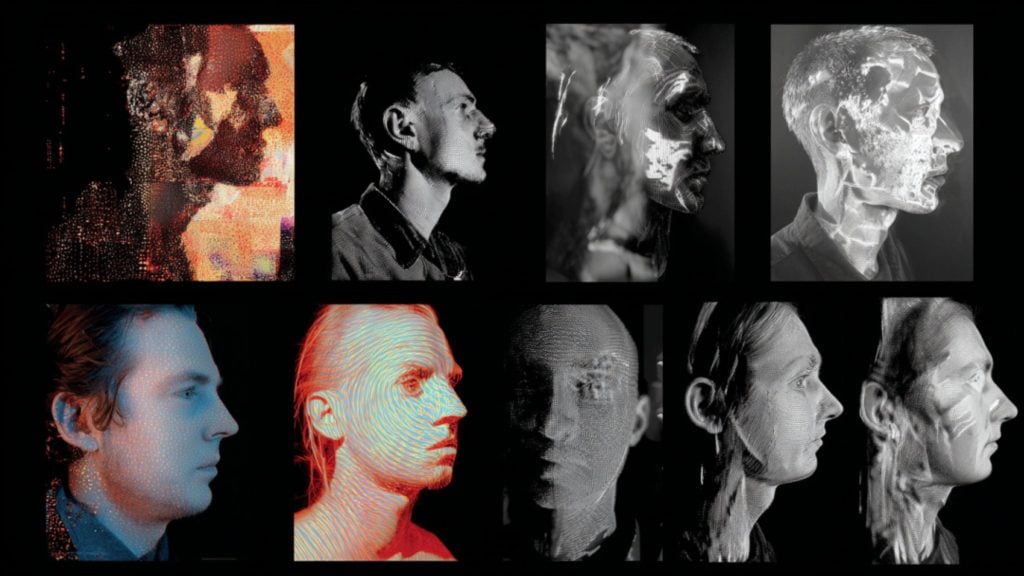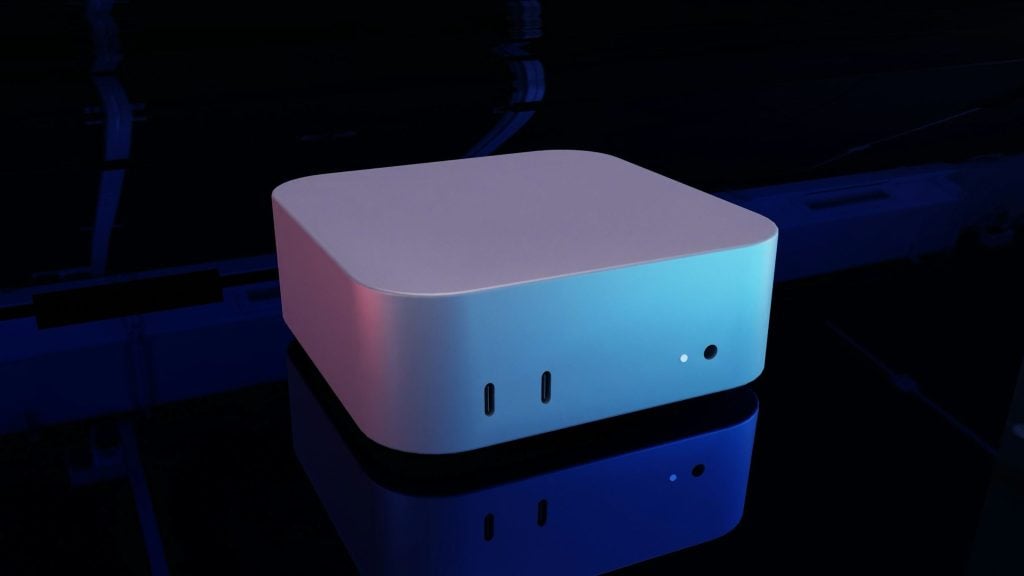Researchers are alleging that tailoring medication to a person’s DNA could help reduce adverse effects by up to 30%. The study could see the piloting of medical “smart cards” expedited in Liverpool and Manchester and expanded to the rest of the UK if successful.
The study, published in The Lancet is the first time genetic profiling has been used for tailoring drug prescriptions. The scheme is being billed as a way to cut hospital admissions from unwanted side effects, which cost the National Health Service about £1 billion annually.
The study involved 7,000 people from seven European countries. In the UK, it was conducted by experts at the University of Liverpool, where they used DNA profiling to tailor 39 common prescriptions for a wide range of medical problems including heart disease, cancer, and mental illness.
The study concluded that those who took prescriptions tailored to their DNA, or smart card, experienced 30% fewer adverse side effects than those who took standard prescriptions. Information about each patient’s genes would be stored on the smart card as an electronic record.
“This form of testing will help revolutionize both how we can treat patients and the future of precision medicine using more targeted therapies,” said Professor Sir Munir Pirmohamed, a drugs and genetics expert at the University of Liverpool.
“Our goal is to improve the safety and effectiveness of medicines, moving medicine away from the ‘one size fits all’, trial and error approach.”
Professor Pirmohamed added: “We showed that using the DNA blueprint we could reduce side effects by 30 percent – a remarkable reduction with a single intervention.”
He said that in the future the technique could be used to identify more side effects and identify the most effective brands and drug doses for individual patients.
“This would save on hospital admissions for drug reactions and could save lives,” he explained.

